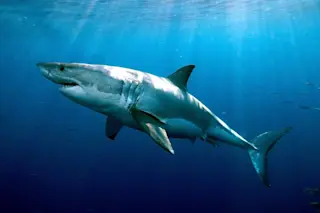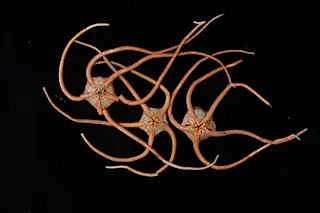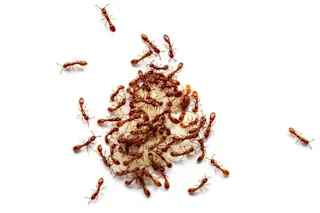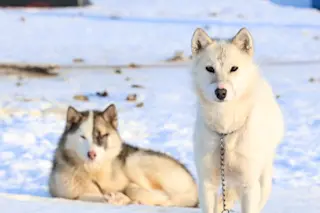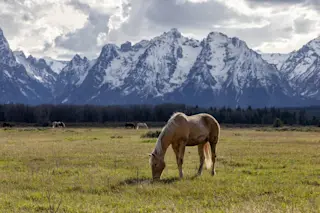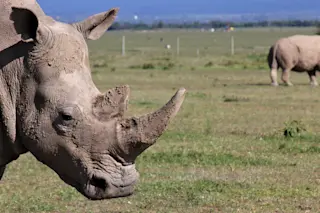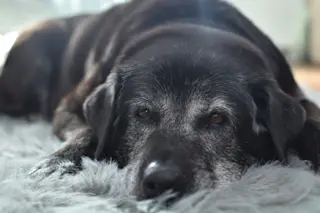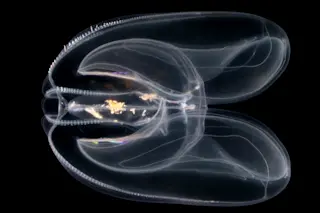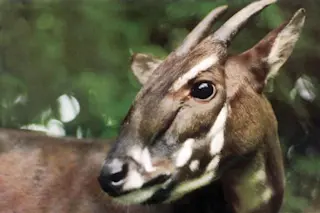The autism spectrum disorders (ASDs), including autism and its milder cousin Asperger syndrome, affect about 1 in 150 American children. There's a lot of evidence that these conditions have a strong genetic basis. For example, identical twins who share the same DNA are much more likely to both develop similar autistic disorders than non-identical twins, who only share half their DNA.
But the hunt for mutations that predispose people to autism has been long and fraught. By looking at families with a history of ASDs, geneticists have catalogued hundreds of genetic variants that are linked to the conditions, each differing from the standard sequence by a single 'letter'. But all of these are rare. Until now, no one has discovered a variant that affects the risk of autism and is common in the general population. And with autistic people being so different from one another, finding such mutations seemed increasingly ...


